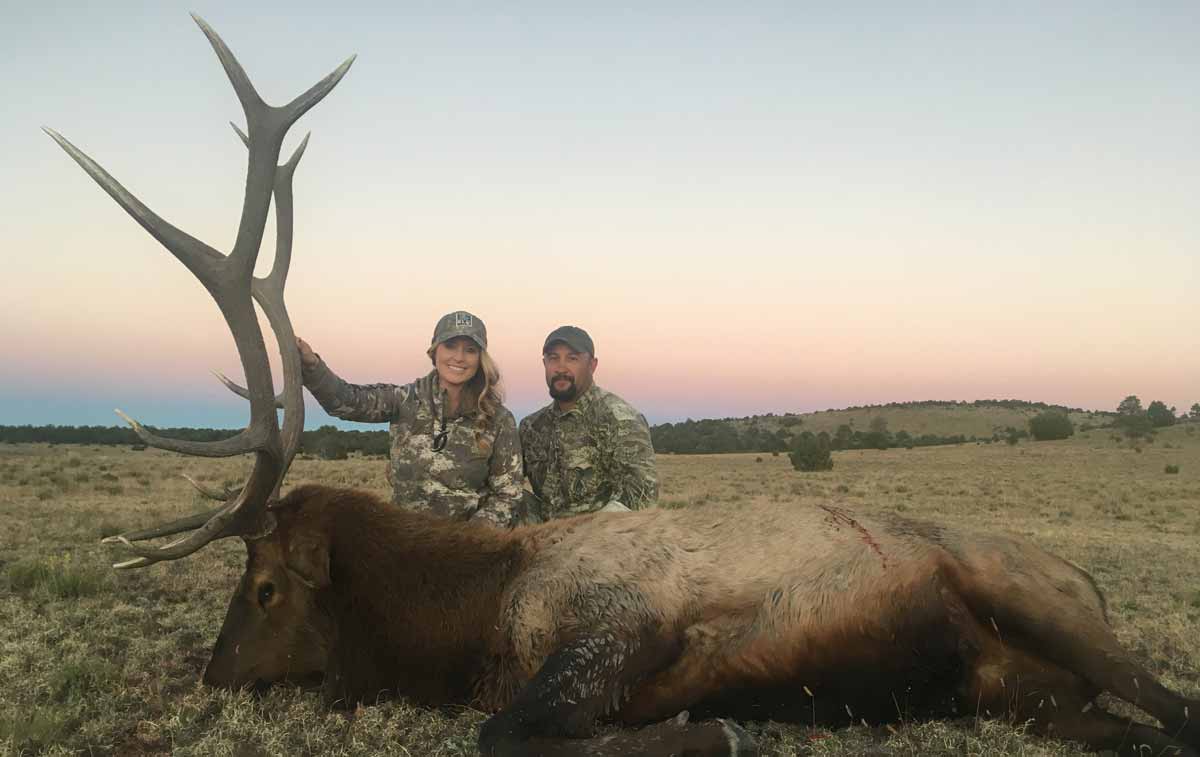How much should you tip an elk guide? Is it based off of harvest, experience, level of effort, or something else? That is the question posed to us by Elk Network fan David Meeds:What is proper etiquette for tipping an elk guide when a hunt ends? Does being successful impact the amount, and what if it includes elk and deer? Thank you.
We decided to ask a few of our resident “experts” that include Team Elk host Brandon Bates, Team Elk member Kristy Titus, our Rifles & Cartridges columnist (and elk guide) Wayne van Zwoll, along with household name and Bugle contributor Jim Zumbo.
Jim Zumbo
Jim was right to the point, succinct, and goes with a general concensus approach:
The general consensus is 10 percent, and it does depend on the service. If the guide busts his but, he’s savvy, and works hard, then tip him accordingly. Same with if he’s lazy.
Wayne van Zwoll
Wayne was a little more in depth, providing the following explanation, as only Mr. van Zwoll can:
Tips reward good service. How much to tip? That depends on several things: the cost of the hunt, the level of service received, your budget and previous arrangements with the outfitter. Hunters that come away with exceptional animals are apt to tip more generously than those returning empty handed; but many variables contribute to success, including weather, your fitness, skills and perseverance — and luck. In my view, a guide whose efforts meet or exceed reasonable expectations deserves a tip, regardless of the hunt’s outcome.
I once guided a hunter who, despite our best efforts, saw no elk that met his standards. He rewarded me generously for trying to put a bull in his sights. Another hunter shot a 370-class bull, tipped me nothing and complained to the outfitter that the hunt had been too physically demanding.
The restaurant standard of 15 percent can dent your budget when applied to a fully guided week in the back country. On the other hand, all things hunting have climbed in price over the decades. An elk license alone can run to four figures. A hunter parking a $35,000 pickup at trail-head should be able to part painlessly with $500 (or more) to tip a guide who worked hard on a $7,000 hunt.
When tipping, hunters sometimes overlook other members of the staff, cooks to wranglers to camp-jacks. For this reason, some outfitters request that tips be given them to distribute. A reasonable compromise is to tip your guide, then trust the outfitter with an additional staff tip. In Africa, where many people work “behind the scenes” to conduct a safari, this is standard practice.
Elk hunting is not a mandate. It’s an indulgence. You’re not rewarded in dollars. A tip is a customary, tangible way to share your pleasure with the people who helped bring it to you. There’s no “right” amount or percentage.
Brandon Bates
Brandon was quick to the point as well, making a point that success depends on way more than the harvest:
For me it’s the experience that guides the tip. I personally wish they would just charge it up front, because it’s seriously the most awkward thing we do. But I don’t think success of a trip should ever be married to a kill. I tip when I have a good experience. That simple.
Kristy Titus
Many hunters do not even realize that it is customary to tip guides and support staff. Guides are lucky to make between $100 and $150 per day wage from an outfitter and they literally work daylight to dark. Some guides I have found little use for and some make a trip amazing regardless of success level.
Wayne makes some great points – it takes a team to be successful from the people scouting, cooking, cleaning and helping you pack your trophy off the mountain. Personally, I believe tip should be based on experience not trophy or success. Some people that have never had to work to earn an animal in a public land, DIY setting have no clue what success takes. They cannot comprehend or fail to realize the amount of work that is behind the scenes to create an experience.
Tips are a way to say thank you, reward service and in some cases success. The amount that gets tipped varies significantly – perhaps you throw in some gear that the guide needs. Whatever the case, having appreciation for someone that is working to help you have a great experience, and ultimately the hopes of success, deserves a tip. Gratefulness and thankfulness for the experience is important. Guides cannot control weather, lack of bugles, or you missing a shot.
